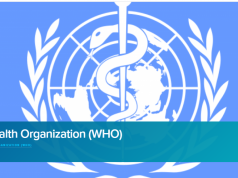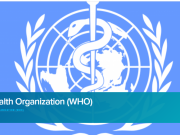Speaking at the E-Cigarette Summit at the Royal Society, today on 15th November, NNA Chair Sarah Jakes, will call for a new approach towards safer nicotine products. Jakes points out that misinformation about safer alternatives is detrimental to public health and that such misperceptions are being promoted by unreasonable bans and regulations.
“The public need to be able to trust that the information given to us by public health authorities is accurate and complete”, Jakes will say, ”the vast majority of the public are not scientists, so they go with what they perceive to be a trustworthy source of information. But who can you trust when the authorities and experts are so divided?”
US experts seem to have lost sight of what matters
Jakes will highlight the febrile political debate currently taking place in the US, where truth about vaping has been abandoned in favour of moral posturing which serves no positive purpose for American smokers and urge campaigners to settle their ideological differences for the benefit of those they are tasked to help.
“The vast majority of vapers don’t advocate, or even identify as vapers. They are simply people getting on with their lives who also happen to vape. This silent majority are mothers, fathers, grandparents, brothers and sisters with ordinary and extraordinary lives to lead but our humanity is often obscured from view when the label of ‘vaper’ is applied.
“As long as the apparent controversy continues, the public will trust only what they see with their own eyes, and what they see is bans, restrictions, warning labels and something that looks like smoking.
“Misperceptions are harmful in more ways than one. They breed intolerance, which supports restrictive policy, which in turn creates more misperceptions and more intolerance. Is it any wonder that many smokers don’t see the point of switching?”
People’s lives are at stake
Smokers and vapers are not merely numbers in a dataset, or a trend on a graph, they are real people and should not be pawns in a political power game between different factions of the public health community. A new, more sympathetic approach is required.
“We must never lose sight of the fact that behind every data point is a real person with strengths and weaknesses, desires and ambitions,” Jakes will say, “and that every life is precious.”
The NNA would like to see a new approach which places the consumer over and above dogma and insular point-scoring, one which treats nicotine users with more respect.













